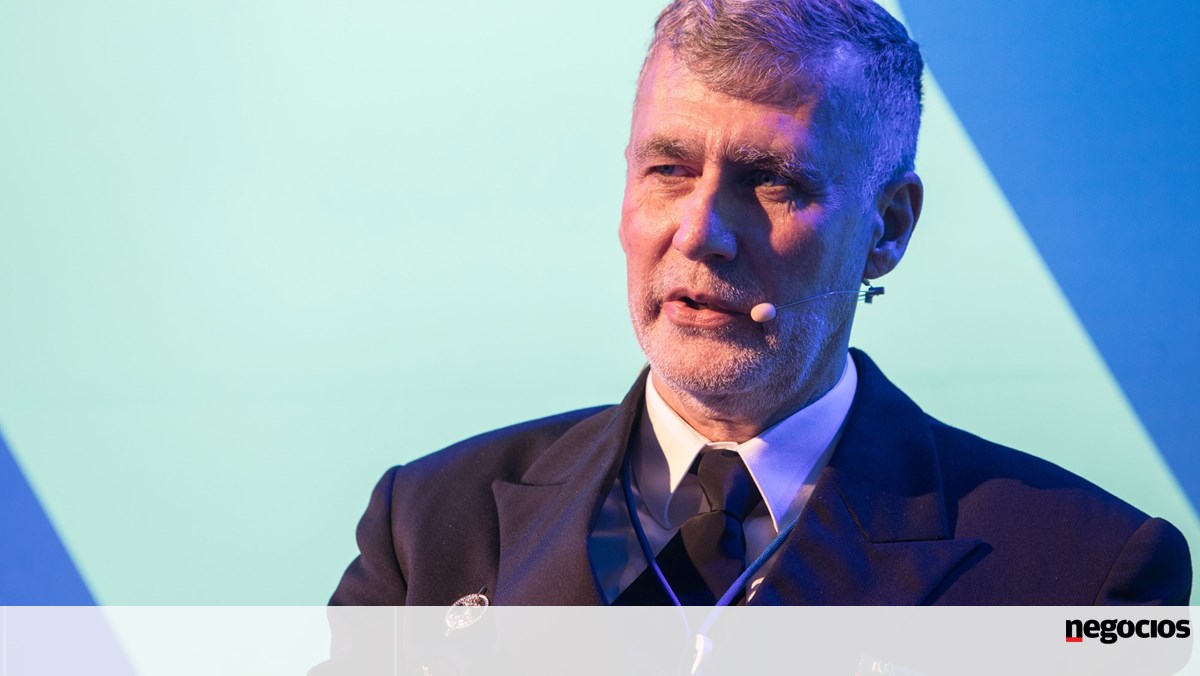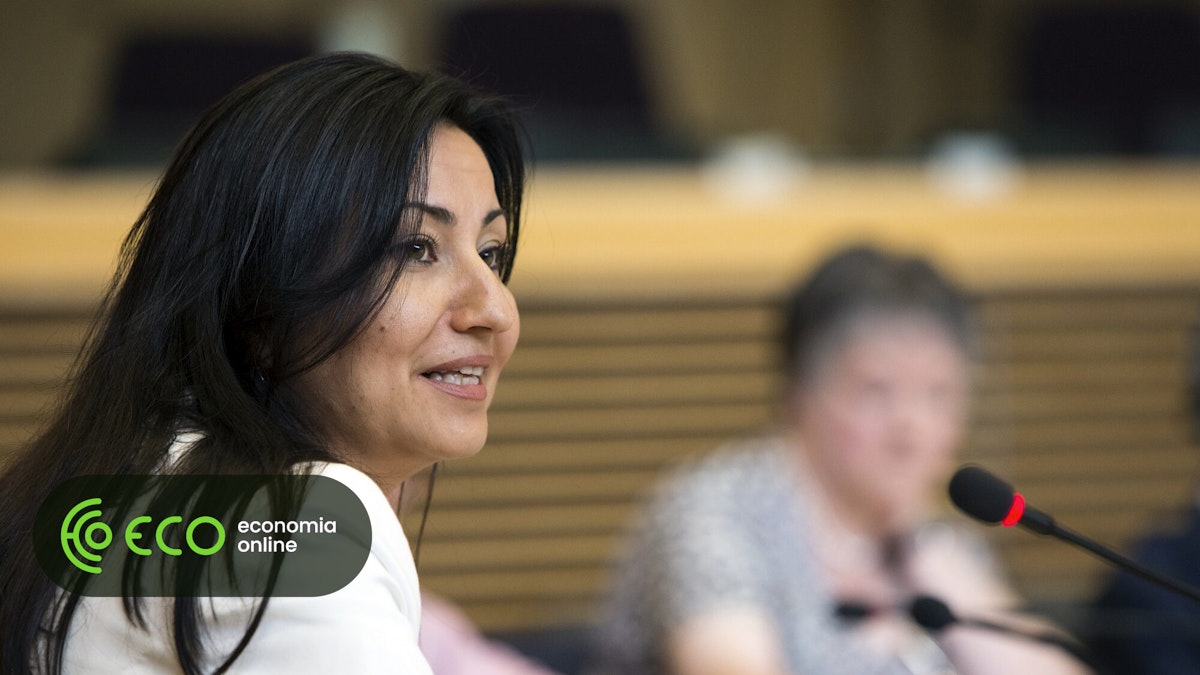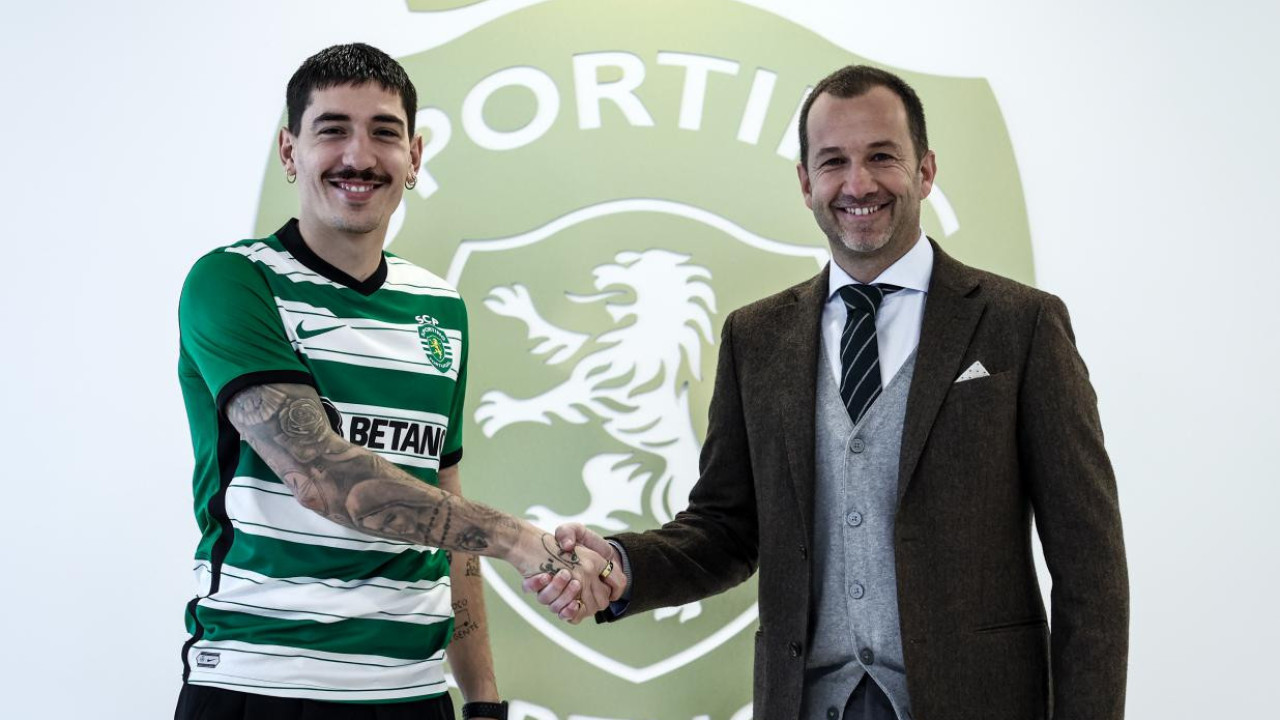Portugal and the power of an enlarged Continental Shelf – Business Initiatives
Portugal has to invest in technologies that ensure it benefits from and enjoys the race to the sea that will take place around the world in the 21st century, said Henrique Gouveia e Melo, Chief of Staff of the Navy (CEMA) in the debate that explored the theme “The Positioning Portugal as an Atlantic Platform”. “If we just think about managing the territory, we’ll do the easy part, but with less value.”
The United Nations Convention for the Law of the Sea, which gave coastal countries a maritime dimension, can, in the understanding of CEMA, be quite relevant, not only through Exclusive Economic Zones, but due to the possibility of extending jurisdiction over certain resources the bottom of the sea, the so-called Continental Shelf. “If what we ask the United Nations for is accepted, Portugal will have jurisdiction over 80% of the European maritime space, a territory that includes many resources, whether energy or minerals”.
Incidentally, Gouveia e Melo admits that we are facing a strategic dilemma: we are a people with limited resources, but with an opportunity and, therefore, “faced with a threat from other interests”. It should not be forgotten that 80% of the most important commercial lines to the West cross in the geographical area of Portugal, in addition to a large number of submarine cables and other infrastructure that feed the digital part. “More than 99% of Internet traffic is carried over submarine cables and not through satellites or other communication.”
In other words, Portugal is in a decisive but “dangerous” geographical position, emphasizes Gouveia e Melo. “If the Portuguese position is important for our alliances, it is also important for the enemies of our alliances. All this game around our geostrategic position can expand our strategic options for the future or narrow and reduce them”.
The admiral has the vision that Man, before inhabiting space, will live on the surface of the sea, not least because the sea makes up two thirds of the Earth’s surface and “is extraordinarily stable”. When is it going to happen? The admiral has no doubt that it will be in the 21st century.
And because these debates are Outside the Box, José João Guilherme, executive director of Caixa Geral de Depósitos, admits that this opportunity on the Continental Shelf, in addition to the traditional fishing business, coastal and maritime tourism, maritime services, dredging, etc., it also powers a set of emerging industries such as aquaculture, gas in deep waters, offshore wind energy, wave and tidal energy, biotechnology or mining from the bottom of the oceans, which are also considered a new source of wealth.
The administrator also focused on the fact that the sea is one of the main carbon sinks, allowing, also there, to contribute economic value associated with this role, namely carbon licenses. “I think it is the carbon market that will give value and importance to this initiative to widen the Continental Shelf”.




